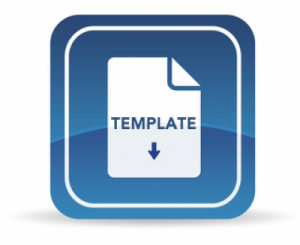Relationship of Health Belief Model with Medication Adherence in RW 11, Bangetayu Kulon Village, Semarang
DOI:
https://doi.org/10.22487/htj.v11i2.1643Abstract
Background: Hypertension cases in Indonesia are on the rise annually. Identifying risk factors is crucial for prevention. Risk factors include non-modifiable elements and modifiable ones. The Health Belief Model (HBM) is widely used to understand patient adherence to antihypertensive treatment adherence. Objective: This study aimed to pinpoint key patient adherence to antihypertensive treatment in RW 11, Bangetayu Kulon Village, Semarang. Methods: A cross-sectional quantitative design. Independent variables included perceived susceptibility, severity, benefits, barriers, self-efficacy, and cues to action, while the dependent variable was adherence to antihypertensive medication. The sample comprised 33 hypertensive patients selected through purposive sampling. Data collection involved a validated questionnaire administered via interviews. Statistical analysis was conducted using SPSS version 27, with chi-square for bivariate analyses, and logistic regression for multivariate analysis. Results: Bivariate analysis indicated that perceived susceptibility, benefits, severity, and self-efficacy significantly correlated with treatment adherence. Multivariate analysis revealed that perceived severity and self-efficacy were the strongest predictors of adherence, with self-efficacy being the most dominant factor (PR 33.67, 95% CI 2.937–385.989, p = 0.005). Conclusion: The Health Belief Model effectively predicts medication adherence among hypertensive patients. Interventions aimed at improving self-efficacy and emphasizing perceived severity of hypertension could enhance patient adherence to treatment.
Downloads
Downloads
Published
Issue
Section
License
Copyright (c) 2025 Healthy Tadulako Journal (Jurnal Kesehatan Tadulako)

This work is licensed under a Creative Commons Attribution-NonCommercial-ShareAlike 4.0 International License.





